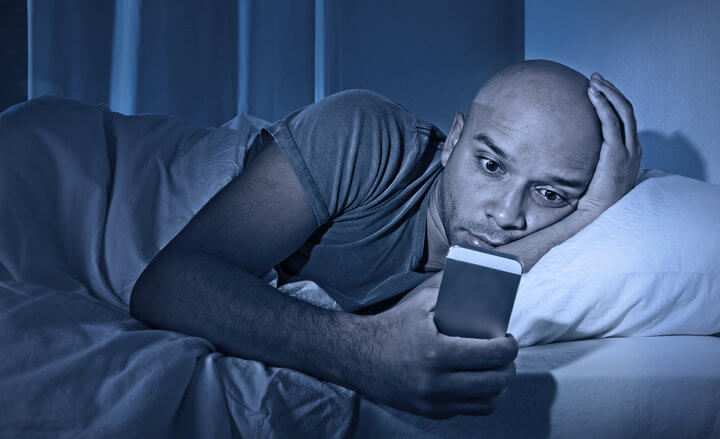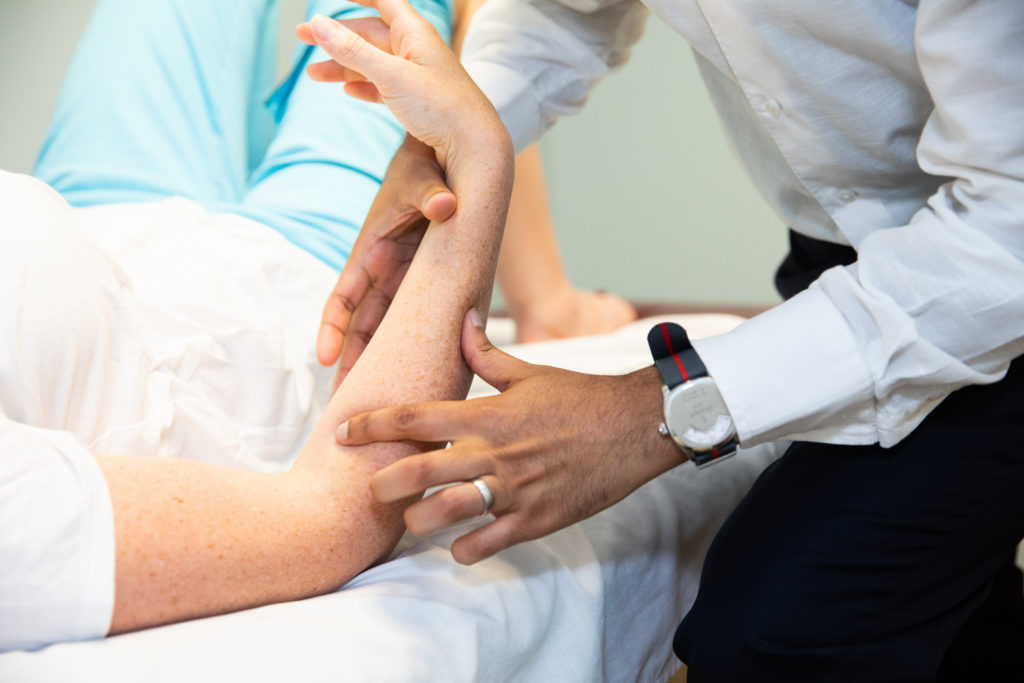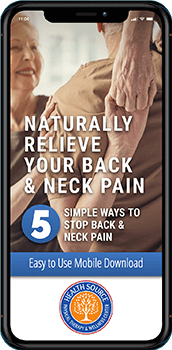I always ask my patients/clients about their sleep quality. It doesn’t matter what is bringing you in (neck pain, back pain, rotator cuff surgery, knee replacement surgery, etc.), the ability to have restful sleep is priceless.
Simple tips I offer (depending on the individual) include:
-
Keep the bedroom dark & cool.
-
Take a few minutes to de-stress your mind: meditate, express gratitude, read.
-
Avoid caffeinated beverages after 5pm
-
Limit alcoholic beverage to less than 3-5 drinks per week (ask us about this one in person)
-
Use your pillows efficiently for proper support (ask us about this one in person)
-
Avoid use of backlit screens (phones, ipads, computers, etc.) for 90 minutes before going to sleep. I’ve found a nice work-around for this in iPhones & iPads: set the screen to “night shift”.
The de-stressing can be especially important. Taking a few minutes to wind down, rather than letting ruminations of worry and/or anxiety keep you from restful sleep has been shown to be very useful.
This Time article mentions something I practice on an as-needed basis, and it works really well. Check it out:
“We think that when people offload everything in their mind that might be hard to remember otherwise, it gives them some relief from that rumination,” says lead author Michael Scullin, assistant professor of psychology and neuroscience at Baylor University. He suspects that if people were asked to merely think of a to-do list in their head, they’d have much more trouble falling asleep. “It seems to be the act of writing it out that’s the key ingredient,” he says.
Nine minutes of extra sleep may not seem like a lot, but it’s comparable to the improvement seen in clinical trials for some prescription sleep medications currently on the market, says Scullin. “It’s not insignificant,” he says. “Getting nine extra minutes of sleep every night can actually make a real difference.”
The fact that people who wrote longer to-do lists fell asleep faster was a pleasant surprise, says Scullin. “You might think that people who have busier lives and more things on their plate would lie awake longer thinking about them,” he says. And in fact, they did find that people who wrote longer lists of completed tasks took longer to fall asleep, compared to those who wrote shorter ones.
For the 40% of Americans who have trouble falling asleep at least a few times a month, Scullin says that writing a to-do list is certainly something worth trying. “It’s a quick and low-cost thing you can easily do for a few days to see if it has any benefit for you,” he says. If restless nights continue, he adds, talk to your doctor or a sleep specialist.
Source: http://time.com/5097840/how-to-fall-asleep-faster/




